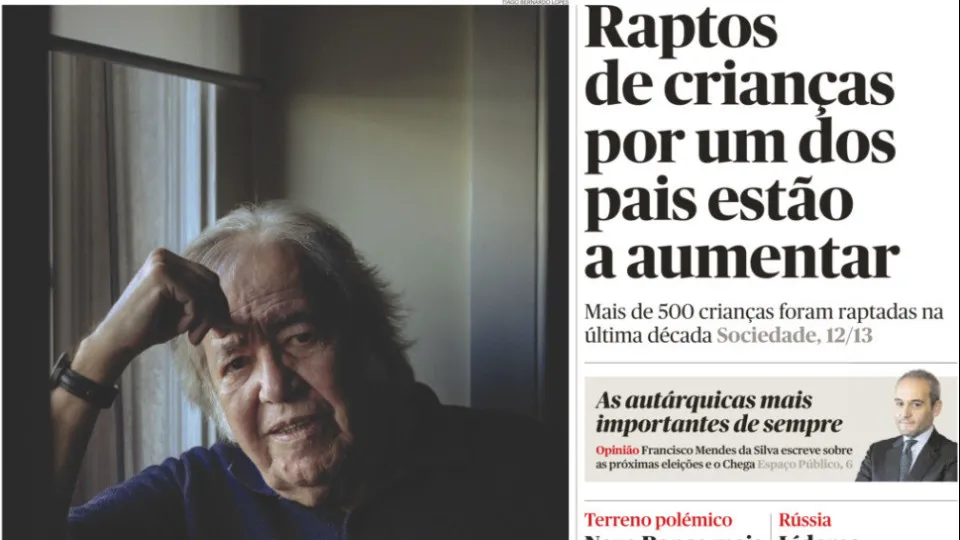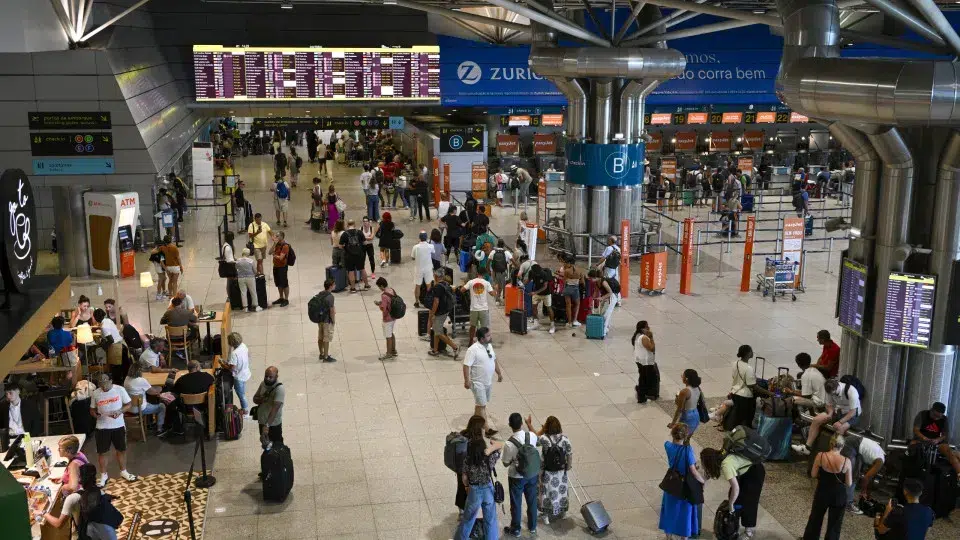
At 09:00 in Lisbon, the London stock exchange showed the largest increase, rising 0.17%, followed by Madrid with a 0.10% increase.
Conversely, Frankfurt fell by 0.12%, Paris declined by 0.10%, and Milan dropped by 0.41%.
The Euro Stoxx 50, an index of the biggest European companies by market capitalization, also fell by 0.10%.
In Asia, Tokyo’s main stock index, the Nikkei, fell by 1.24%, amid uncertainty over tariff negotiations between Japan and the United States, while Shanghai’s benchmark index gained 0.39%.
Futures on Wall Street showed a slight rise, dropping no more than 0.25% across all three indices, after closing higher on Monday, with the S&P 500 and the Nasdaq hitting record highs.
The S&P 500 increased by 0.52%, the Nasdaq by 0.48%, and the Dow Jones by 0.63%.
With just over a week remaining before U.S. President Donald Trump’s deadline for finalizing trade agreements, progress is still considered insufficient in most cases, with an extension to September suggested by Washington.
Similarly, in the U.S., the fiscal and defense spending package backed by Trump, known as “The One Big Beautiful Bill Act,” is still pending approval.
In terms of commodities, gold rose 1.25% to $3,349 per ounce, while oil prices showed moderate increases, with Brent, the European benchmark, up 0.15%, setting the barrel price at $66.84.
Meanwhile, West Texas Intermediate, the U.S. benchmark, also rose 0.17% to $65.22 per barrel before the market’s official opening.
The ECB Forum debate sessions begin today, with Luis de Guindos, Vice-President of the European Central Bank (ECB), leading a discussion on the macroeconomic implications of changes in euro area labor markets.
This will be followed by a session on “monetary transmission through households, consumption, and savings,” based on a paper about the discretionary spending cycle by Paolo Surico, professor at the London Business School, as well as a panel on “heterogeneity among countries in the euro area and implications for monetary policy,” coordinated by Isabel Schnabel, member of the ECB Executive Board.
The day concludes with a governors’ panel featuring Andrew Bailey, Governor of the Bank of England, Christine Lagarde, ECB President, Jerome Powell, Chair of the Board of Governors of the Federal Reserve System, Chang Yong Rhee, Governor of the Bank of Korea, and Kazuo Ueda, Governor of the Bank of Japan.
The ECB Forum will end on Wednesday, with closing remarks from ECB President Christine Lagarde.
On Monday, during the Forum’s reception speech, Lagarde warned that demand shocks are becoming more frequent, and businesses are quicker to adjust prices, making inflation more volatile.




